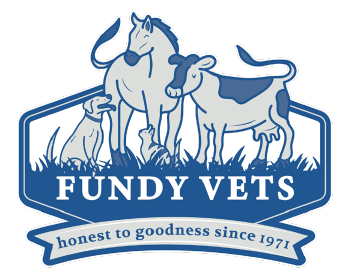Poison Prevention
Preventative measures are key to keeping your pet safe. Here are a few suggestions.
Many household items can be toxic to animals. Some of them seem innocuous. You might not know what has been ingested. We have some simple tips to mitigate the chance of contamination.
• Keep medications, household cleaners, pesticides and all automotive products stored out of reach of pets and children: behind locked doors is preferred.
• Always read the labels and follow instructions exactly for safe use, storage and disposal.
• Never give medication or supplements to your pet without first talking to your veterinarian. Some can be harmful to pets.
• Before using any flea product on or around your pet always read the label! Some flea products are labelled "For Dogs Only" as they are harmful or lethal if used on cats
• Familiarize yourself with foods and toxins that are harmful to your pets
Poison Safety Kit
The following is a list of suggested things to have on hand in case something happens and you need to perform some emergency measures until you’re able to get your pet to the veterinary hospital.
• A fresh bottle of hydrogen peroxide 3% (USP)
• A turkey baster or large bulb syringe to administer hydrogen peroxide
• Can of soft dog or cat food, as appropriate
• Saline eye solution to flush out eye contaminants.
• Artificial tear gel to lubricate eyes after flushing.
• Mild grease-cutting dishwashing liquid to wash the pet after skin contamination.
• Tweezers to remove stingers and/or ticks.
• Muzzle (an excited or nervous/scared pet may harm you by accident)
• Pet carrier.
